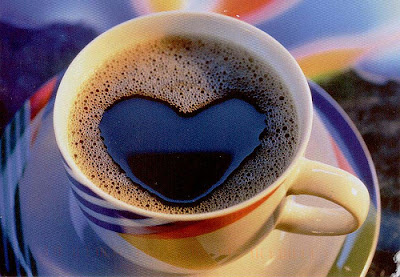Are you drinking a cup of coffee this morning? If so you're not alone. Coffee is popular the world over. First discovered in Ethiopia, its consumption expanded to Yemen in the 15th century ... then to Italy ... the rest of Europe ... to Indonesia ... and by the 17th century to the New World. Although coffeehouses began in the Arab world, by the 1690s there were over 3,000 in England alone, and more in Italy, France, Germany and the Americas. Naturally, coffeehouses became popular places to socialize and discuss politics, which didn't turn out well for the King and Queen of France.
Michael Pendergrast wrote a fascinating book , explaining how coffee changed the world.
, explaining how coffee changed the world.
Today coffee beans are grown in over 70 countries, including the top producers Brazil, Vietnam, Indonesia and Colombia. Just like wine and chocolate, coffee grown and processed in different regions have differences in flavor, aroma, body and acidity. Types include Colombian, Java and Kona. Do you like your brew roasted light, medium or dark?
Coffee labeled as "fair trade" must be grown in eco-friendly and socially responsible ways.
No doubt: Coffee is a drug and stimulate. Still, recent studies suggest there are some health benefits to drinking coffee. In moderation [up to 24 ounces] it might prevent Alzheimer's, liver cancer, colon cancer, adult diabetes, Parkinson's, dementia, and gallstones. My grandmother, who drank a large cup every day of her adult life, was healthy and mentally sharp in her 90s. That's enough evidence for me to follow suit. My mother says, “I know I'm addicted, but if I had to, I believe I could quit.” (Yeah, right, mom.) How about you?
Get tips for buying gourmet and organic coffee from these sites, or just be adventurous:

